DOG SLAVE
2016
photo panels
2016
photo panels
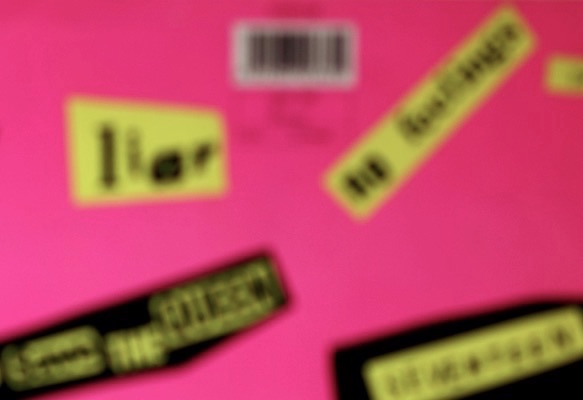
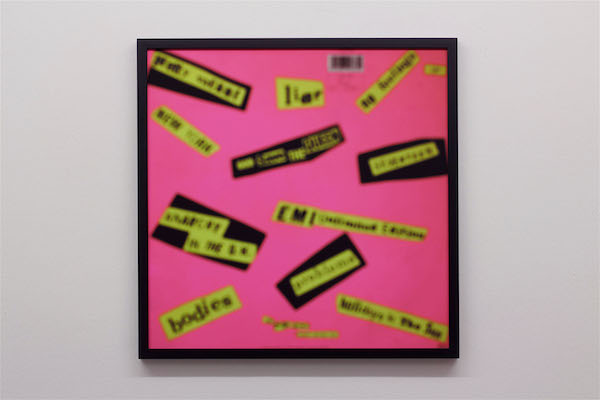
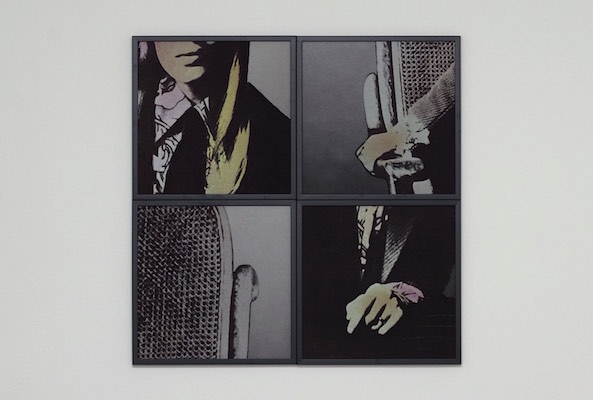
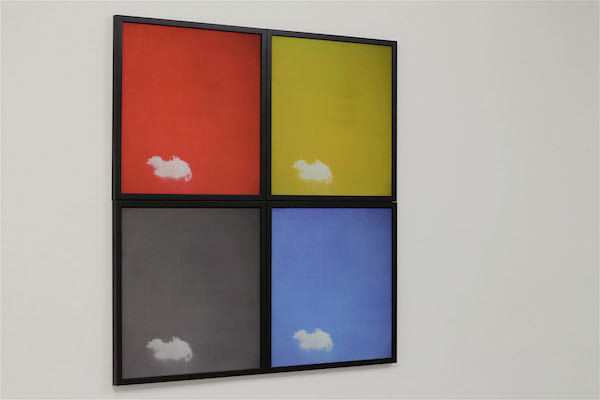
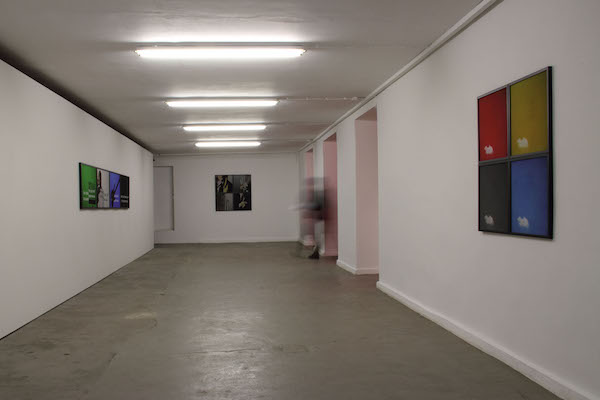
Dog Slave the Queen
Photo, modfied LP cover (modfied reproduction of the album Sex Pistols - Never Mind the Bollocks, Here’s the Sex Pistols, 1977), 60x60 cm, giclée print, 2016
Tears
Photo panel, modfied LP cover (modfied reproduction of the album Marianne Faithfull – As Tears Go By, 1964), 4 pieces of 50x50 cm, giclée print, 2016
Peace Versions
Photo panel, modfied LP cover (modfied reproduction of the album The Plastic Ono Band – Live Peace in Toronto, 1969), 4 pieces of 50x50 cm, giclée print, 2016
"Hajnal Németh: Yeah, it's a very blurred and irritating reproduction. Do you know this music album cover? It is a back of the cover “Never Mind The Bollocks – Here’s The Sex Pistols” that included the song “God Save the Queen”. Again, I allowed myself to play with words.
Helene Romakin: Sex Pistols were symbols of the protest of the labouring class against the establishment. As you mentioned before you discuss the aspects of work in capitalist societies in several of your works such as “Work Song – As Time Goes By” (2016), “Work Song” (2014), and “The Loser” (2013/15). In all works you talk about the individuals, who are affected in their social life by economic structures. Why do you always come back to this topic?
HN: The way economic structures are treating the life of individuals is antisocial and unfair. More precisely: From global economical aspects the individual life is being ignored and this attitude is controversial, because of course behind the global economical interests there are individuals. I was always interested in highlighting controversial things.
HR: Another photo series of four photographs is the work “Peace Versions” that shows an innocently looking cloud – always the same image but with modified colours in blue, grey, red and yellow ...
HN: ...All motifs are reproductions of LP covers that again I modified minimally. The motif of “Peace Versions” is taken from the live album “The Plastic Ono Band – Live Peace“ by Yoko Ono recorded at the “Toronto Rock and Roll Revival“ festival in 1969. The colour of the original cover is naturally a very beautiful sky-blue. While changing the colours of the cover I was asking myself if peace could have different colours. Red sky would look very dangerous for example. Normally, I would say peace is peace. It shouldn’t have different colours or different versions at all."
Abstract from the interview by Helene Romakin, to read the complete article click here: artfridge.de
Photo: Hajnal Németh